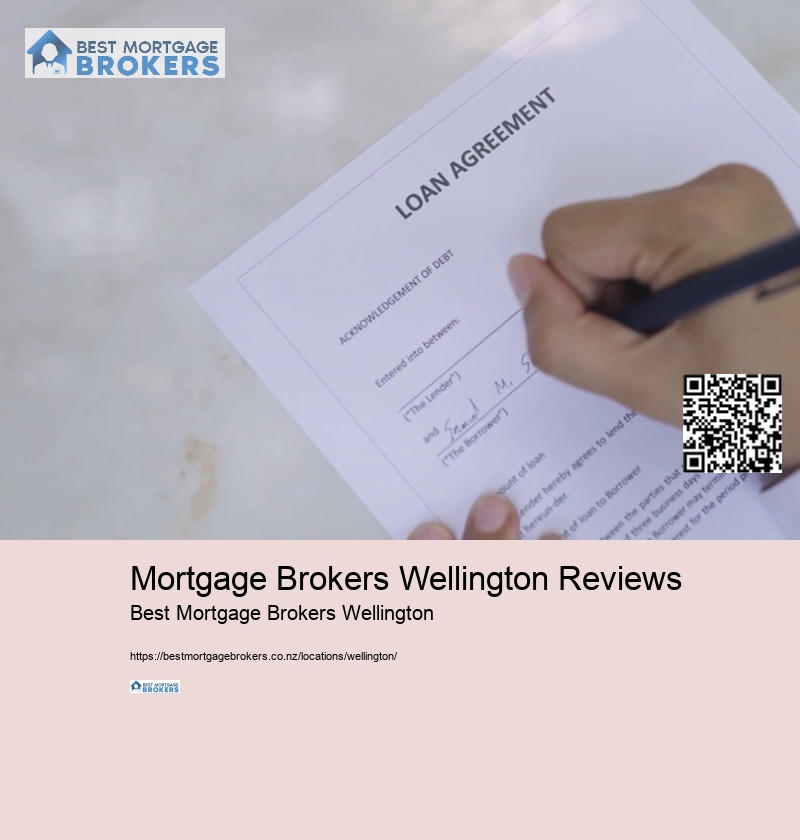Mortgage Brokers Wellington Reviews
property investors
After understanding their financial situation, individuals can explore various types of mortgage products to find the best fit for their needs and circumstances. There are several common types of mortgage products available in the market, each with its own set of features and benefits.
Mortgage Brokers Wellington Reviews - property investment
- new zealand
- mortgages
- refinance
- advisor
- mortgage specialist
- financial solutions
- mortgage brokerage
- mortgage
- investment property
The Adjustable Rate Mortgage (ARM) offers lower rates initially, but may change periodically according to market conditions. This is a great option for those who are planning to sell the home or refinance prior to the rate adjustment.
Jumbo Mortgages, which are designed to finance more expensive properties than conventional loans, can also be obtained. Individuals should carefully consider their goals and risk tolerance before selecting a loan product.
Mortgage Brokers Wellington Reviews - first-time homebuyer
- property financing
- financial consultation
- mortgage brokers
- property financing
- financial consultation
- mortgage brokers
- property financing
By understanding the differences, borrowers are able to make decisions that best suit their own unique situation. first-time homebuyer Navigating the mortgage application process involves a series of structured steps that are crucial for securing your desired home financing. loan




